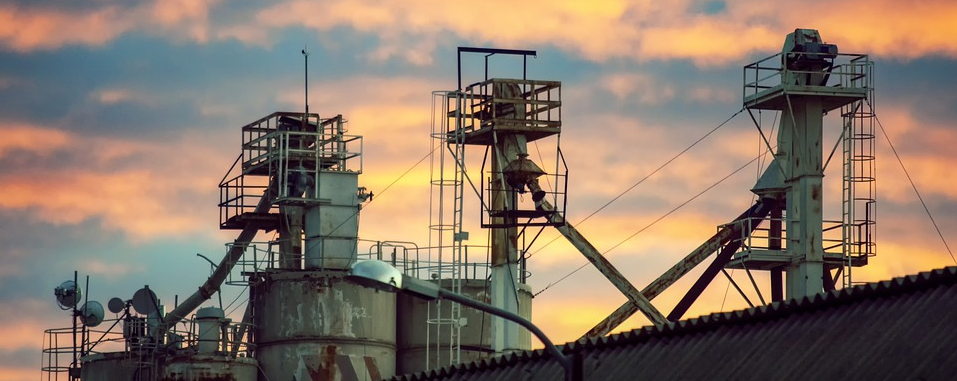You might not believe it from the headlines, but the manufacturing sector has actually been doing rather well in Wales.
The recent shocking news of the closure of the Ford engine plant at Bridgend, with its implications for the automotive supply chain, might give cause for doubt about the health of Wales’ manufacturing sector.
But the picture is not entirely gloomy. The most recent annual report from the manufacturers’ organisation Make UK (formerly the EEF), published in February, shows that manufacturing accounts for nearly a fifth of Wales’ total economic output (18.7%), the largest figure for any UK nation or region, and nearly one in 10 (9.5%) Welsh workers are employed in the sector.
The news from Bridgend reminds us that the sector won’t be able to survive in today’s competitive environment without innovation, driven by good research and development (R&D). It’s what drives new product development and improvements in production processes that make products more competitive.

We have plenty of examples in Wales of innovative companies – like Treforest hi-tech manufacturer Laser Wire Solutions whose laser stripping technology, used to strip the coating from microscopic wires in medical devices such as catheters, recently won it a Queen’s Award for Innovation.
Every year the Queen’s Awards celebrate innovative companies, and it’s clear there’s a real thirst for innovation in Wales’ manufacturing sector. This is also reflected in the growing number of businesses that claim tax credits for their R&D work. According to the most recent figures from the HMRC, £70m was claimed by Welsh businesses in 2016-17. This was up from £65m claimed in the previous tax year.
It’s not clear how many companies claimed because some file more than one claim. But what seems certain is that a lot more are claiming, because the number of claims rose by roughly 40% in Wales, from 825 to 1,245.
Manufacturing is one of a handful of sectors in which most R&D is concentrated. Looking at the UK as a whole, more than a quarter of all claims for R&D tax credits come from the sector, and it accounts for 28% of the total amount claimed. Britain’s manufacturers are busily undertaking R&D to keep their products and processes bang up to date in a rapidly changing global marketplace. And some of them at least are taking advantage of the tax relief offered by HM Government for such work.
However, it’s also clear that many manufacturers are still missing out on claiming for any R&D work they do. The Office for National Statistics (ONS) counts 136,000 VAT or PAYE registered businesses in the UK’s manufacturing sector, yet only 10,000 claims for R&D tax credits were made in 2016-17. Given multiple claims by some businesses, it’s seems clear that more than 90% of manufacturing firms do not apply.
What’s less certain is why there are so few claims relative to the size of the sector. R&D tax credits are available for both large and small companies – indeed more than 90% of claims come from SMEs, either working alone or in partnership with larger businesses. Any research in the field of science and technology could qualify, and it doesn’t need to have been successful.
All sorts of staff and material costs can be included, as long as they are related to the project. Companies can deduct 130% of their qualifying costs from their annual profit, in addition to the normal 100% deduction they would make in their tax return, making altogether a 230% deduction. If the company is loss making, the effect is to increase the loss for the period, which can then be surrendered to HMRC for a cash payment.
There’s a great deal of ambition for innovation among Wales’ manufacturers, and plenty of good work going on as they face the challenges of advanced manufacturing and artificial intelligence – not forgetting uncertain political times.













